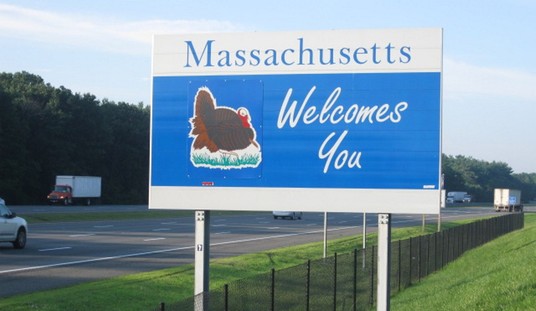I wrote in August that California's ban on flavored tobacco was ill-advised for many reasons, one of them being that the "sin taxes" paid on tobacco fund the state's "First 5" early childhood programs, and no alternate source of funding had been identified. While I'm philosophically opposed to state-funded early childhood programs, the fact remains that if they're in place it's a silly to pass laws that effectively slash funding for them without finding an alternate funding source, especially since slashing funding to something for "the children" is always unpopular with Democrats.
After the first full month of California's flavored tobacco ban, the Tax Foundation reported that tax-paid cigarette sales fell 17.3 percent year-over-year, which equates to more than $300 million in lost tax revenue on an annual basis.
Regardless of how one views the propriety or utility of government-funded early childhood programs, this issue highlights a seldom-discussed facet of the interplay between sin taxes and product bans. There's an incentive to keep people using tobacco through legal sales, because it funds these programs. If these products are banned, it doesn't diminish demand, but rather drives it underground, where they're not taxed.
Now the Los Angeles Times is on the case, describing how Los Angeles County is altering its current offerings based on the funding impact, and - wait for it - considering asking the state for new sources of revenue.
Bigger regions, such as First 5 LA in Los Angeles County, are slimming down their offerings, and hoping to shift some of the programs they once funded to county agencies. In the case of L.A.’s early preschool expansion, the work has largely been done. The state is in the process of creating a year of free public education for all 4-year-olds called transitional kindergarten.
But there’s a disagreement within the network of First 5s, which includes a state agency that gets 20% of the tobacco funding, and 58 agencies serving each individual county: Should they scale back further, or should they ask the state for new sources of revenue?
Who didn't see this coming?
The executive director of First 5 California is optimistic about the future of the program, even though her understanding of economics is a little off.
“What we know about tobacco is that it’s addictive,” said Jackie Thu-Huong Wong, executive director of First 5 California, the statewide agency. “I hate to sound so dark. But I don’t foresee a future without First 5.”
Ms. Thu-Huong Wong is correct that tobacco is addictive, but she's apparently ignorant of the fact that the addictive nature of tobacco will lead those users to find purchase the product, whether it's legal or not. And when they buy it on the black market or in another state, she won't get the revenue.
Despite the example of this failure, other states are still considering following California's policy. But as California's example shows, it's high time to stop the circus of sin taxes and product bans and start decreasing government "help" in public health.














Join the conversation as a VIP Member